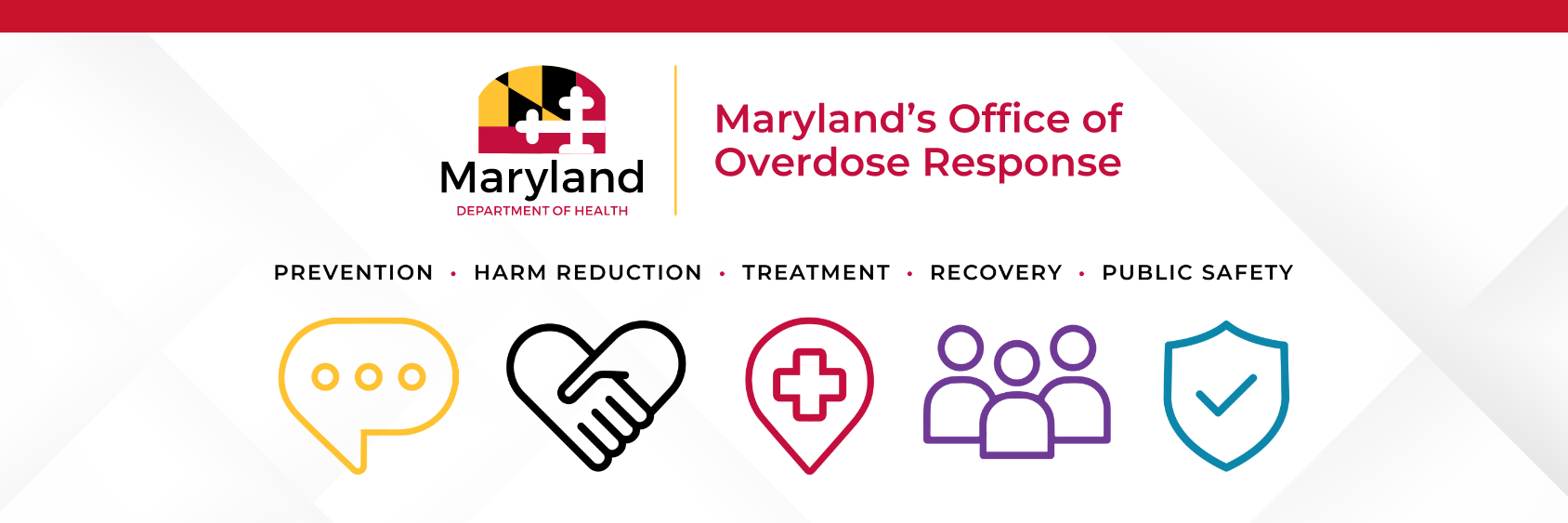Opioid Operational Command Center Hosts Workshop on Crisis Intervention Systems
How Local Jurisdictions and State Agencies are Fighting the Opioid Epidemic with the Help of Crisis Services
October 26, 2018
ANNAPOLIS, MD — Today, the Opioid Operational Command Center hosted a “Crisis Intervention Systems” workshop for Maryland’s 24 local jurisdictions/Opioid Intervention Teams (OIT) and other local partners across the state. Held at 100 Community Place in Crownsville (Anne Arundel County), participants shared efforts in the fight against the heroin and opioid epidemic, focusing on crisis intervention systems and the different versions local jurisdictions have adopted all across the state.
“Crisis intervention systems are a vital part of fighting the opioid epidemic because they meet people where they are, when they are in the most need of help,” said Clay Stamp, executive director of the Opioid Operational Command Center. “Throughout Maryland, local jurisdictions are setting up crisis services that best meet the needs of their communities. At the state level, we’re finding ways to connect those systems and help our local jurisdictions work together.”
Participants started the morning with presentations on:
- 211 Press 1, Maryland’s crisis hotline, by the Maryland Department of Health
- Walk-in crisis services, including Anne Arundel County and Annapolis City Safe Stations and the Grassroots Crisis Intervention Center in Howard County
During lunch, participants brainstormed how to continue distributing naloxone to those who need it most and ways to coordinate transitions in care during the recovery process.
The day-long workshop was closed out with presentations on:
- Mid-Shore and Wicomico County mobile crisis teams
- Every Mind, a crisis hotline in Montgomery County
- Stabilization center implementation, including Tuerk House in Baltimore, the Whitsitt Center in Kent County, and Maryland House Detox in Anne Arundel County
- Addressing first responder fatigue by the Daniel Carl Torsch Foundation in Baltimore County and Carroll County, which spoke about its First Responders Dinner
Before It’s Too Late is the state’s effort to bring awareness to this epidemic—and to mobilize resources for effective prevention, treatment, and recovery. Marylanders grappling with a substance use disorder can find help at BeforeItsTooLateMD.org or by calling 211 and pressing 1. Additional support is available through MDCrisisConnect.org, which has information on both text and chat features.


 1-888-373-7888
1-888-373-7888 233733
233733